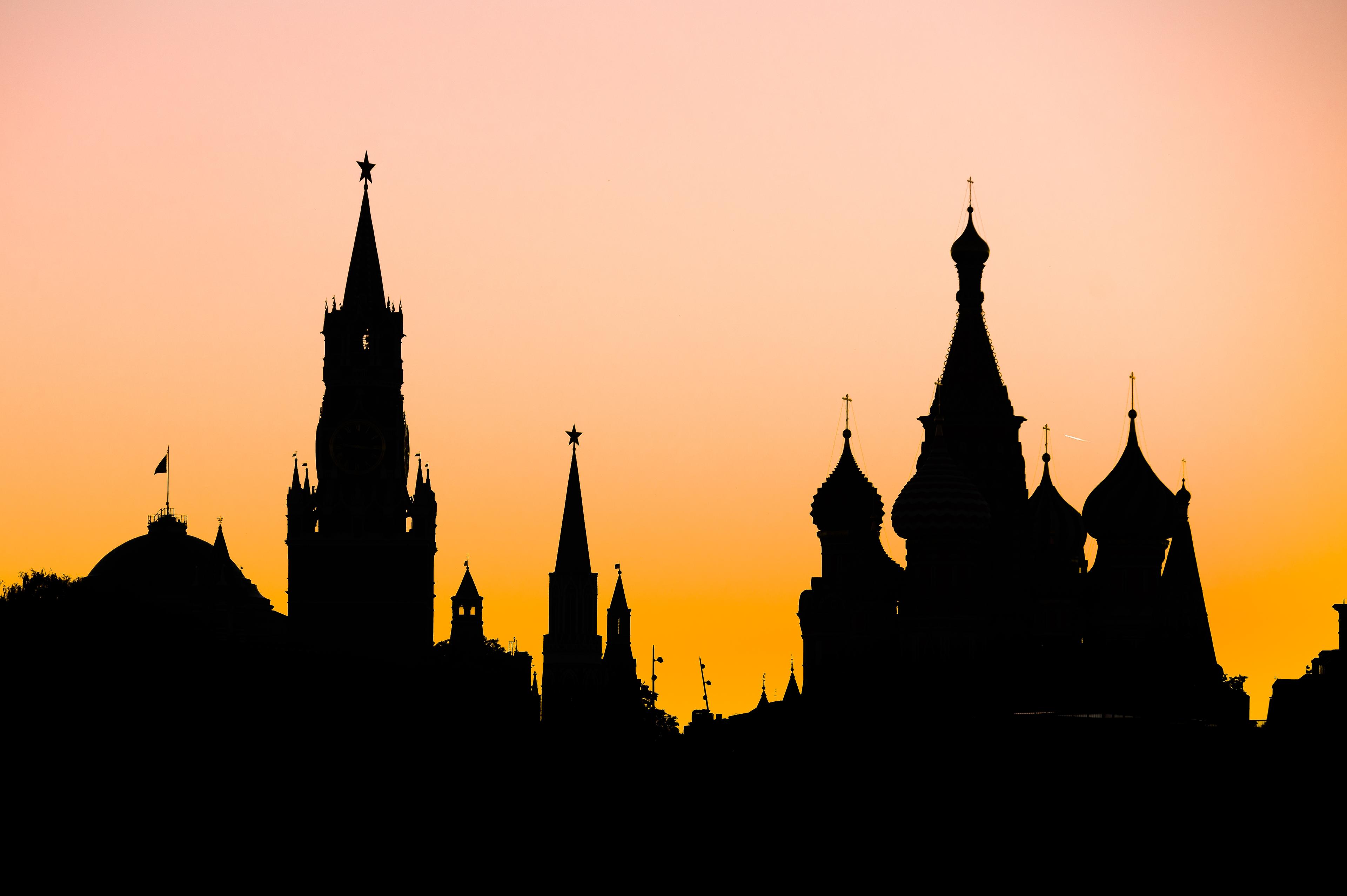Russia, Social Networks
Back to its old ways: Russia intensifies internet crackdown
Social networks see dramatic user decline as Kremlin tightens digital restrictions. Experts warn YouTube could be next as Russians adapt to a changing online landscape.

In a concerning development, Russia appears to be moving closer to isolating its citizens from the global internet community. Experts are warning that the government's increasing control over digital platforms could lead to a significant reduction in access to major social media sites, with YouTube potentially facing a complete shutdown.
The impact of recent restrictions is already evident in the numbers. Instagram's daily users in Russia have dropped from 38.4 million to 6.8 million in just two years, while Facebook has seen its Russian user base decrease by 6.5 times over the same period. These figures represent a substantial shift in how Russians can connect with the wider world and access information.
YouTube, which accounts for about 30% of all internet traffic in Russia, is now under pressure. The government has begun slowing down the platform's speed, a move that many see as a precursor to more severe restrictions. IT specialist Mikhail Klimarev warns, "Blocking YouTube would be a clear act of censorship. We may be close to seeing it shut down completely."
For many Russians, adapting to this new digital landscape has become a daily challenge. Christina, a 25-year-old resident, describes the situation: "You need a VPN to use Instagram or Facebook, but VPNs get blocked too. You constantly have to find new ways to connect." She adds, "When you're living inside this, it slowly stops bothering you. But when you leave the country, you start realizing the limitations you live under."
Virtual Private Networks (VPNs) have become essential tools for those seeking access to banned platforms. However, the government is actively working to limit VPN usage, blocking protocols and pressuring tech companies to remove VPN apps from their stores.
The economic implications of these restrictions are significant. Klimarev points out that blocking YouTube would result in substantial losses for internet service providers, especially mobile operators who sell data by the gigabyte.
As Russia continues to tighten its control over internet access, concerns are growing about the long-term effects on free expression and access to information in the country.